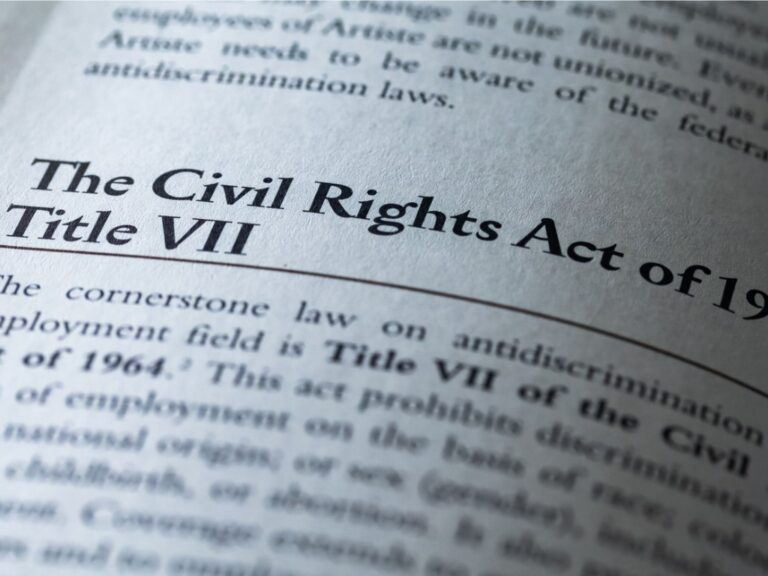Seventh Circuit Provides Guidance on Title VII Harassment Claims
June 27, 2024

A recent opinion from the Seventh Circuit Court of Appeals “provides much useful guidance for employers” on Title VII harassment claims, writes attorney Fiona W. Ong, a partner at employment law firm Shawe Rosenthal LLP.
In EEOC v. Village at Hamilton Pointe LLC, the Equal Employment Opportunity Commission (EEOC) brought a case on behalf of 52 current and former black employees at a long-term care facility.
The employees claimed they were subject to a hostile work environment based on race. The decision came with the implicit suggestion that plaintiffs need to avoid trying to stretch the parameters of claims under Title VII of the Civil Rights Act of 1964, which prohibits employment discrimination and harassment based on race, color, religion, sex and national origin.
Title VII, said the court, “does not ensure that the worker will have wise and skilled superiors with a sharply honed sense of social justice and a mastery of personnel management.” Also, more pointedly, the court said that “not every perceived unfairness in the workplace may be ascribed to discriminatory motivation merely because the complaining employee belongs to a racial minority.”
Based on the wording of this decision, the writer, who also serves as General Counsel of the Maryland Chamber of Commerce, provides a number of takeaways for employers. One is that when evaluating harassment or potential harassment claims, keep in mind the relationship between the involved parties matters. “A supervisor’s use of racially toxic language in the workplace [is] much more serious than a co-worker’s.”
More broadly, the author adds, the standard of conduct that can support a harassment claim varies according to the relationship of the parties. The conduct of a direct supervisor, she writes, “weighs more heavily than that of an indirect supervisor, which is heavier than that of a co-worker.”
Another takeaway is that liability can be avoided by prompt and effective corrective action which is, in the words of the decision, “reasonably likely to prevent the harassment from recurring.”
Critical intelligence for general counsel
Stay on top of the latest news, solutions and best practices by reading Daily Updates from Today's General Counsel.
Daily Updates
Sign up for our free daily newsletter for the latest news and business legal developments.


